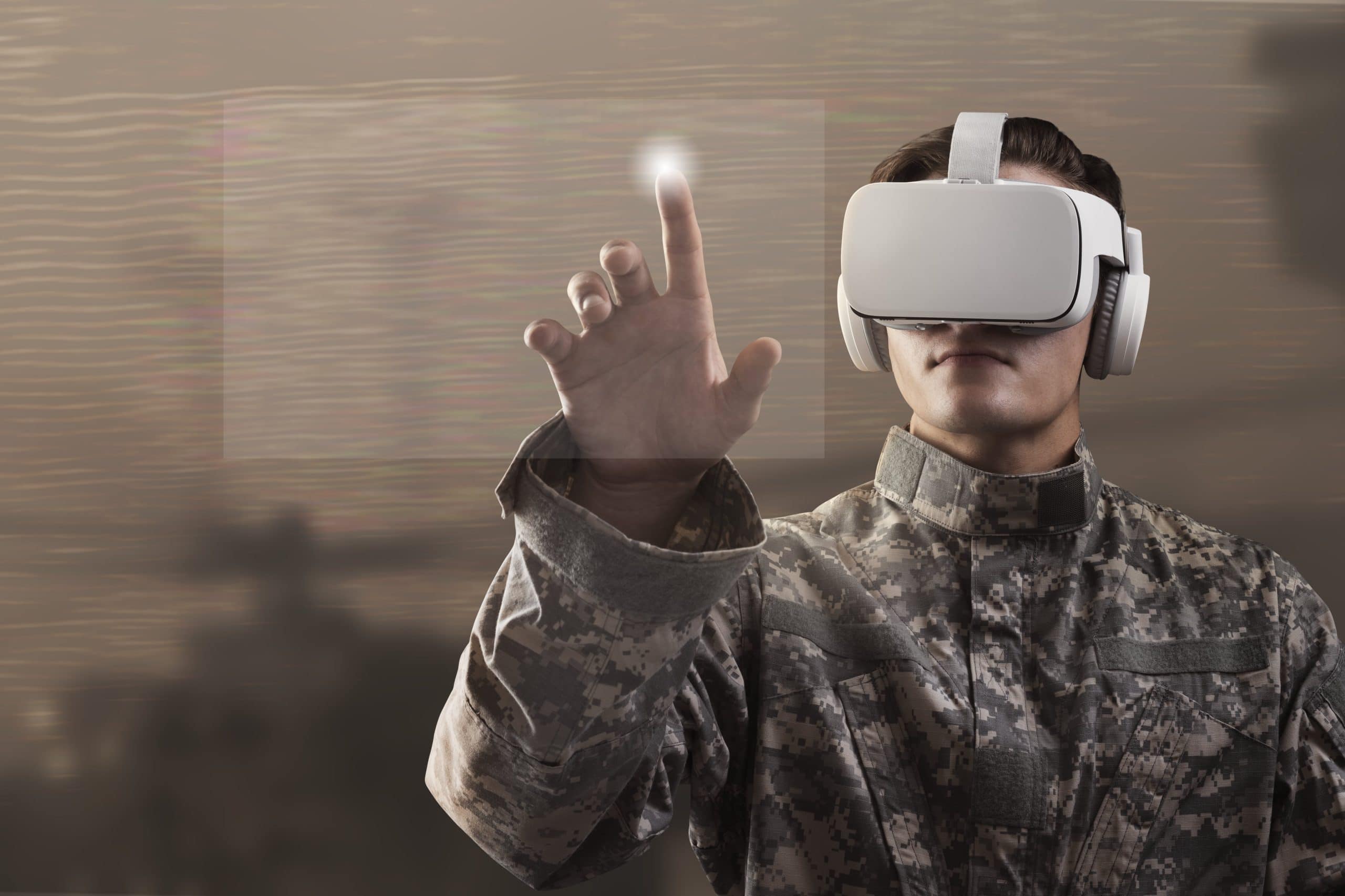Virtual Worlds, Real Training: The UK Royal Navy Are Training Sailors Like Never Before
The Royal Navy in the United Kingdom is taking a leap into the future by adopting Virtual Reality (VR) technology to train the next generation of sailors.
Trainees will use VR headsets to enter a naval metaverse, allowing them to experience crucial and potentially hazardous manoeuvres from the safety of a naval base.
These headsets are part of new, advanced replica ship bridges equipped with software that can replicate the entire fleet, harbours, global waters, and challenging weather conditions at any time of day.
Three naval training sites – HMS Collingwood in Fareham, Britannia Royal Naval College in Dartmouth, and the Submarine Service in Faslane – will receive these state-of-the-art trainers.
The investment is a component of Project Selborne, a 12-year initiative led by Capita to modernise and provide comprehensive training across multiple naval disciplines and branches.
Lieutenant Commander Mark Raeburn, head of Navigation Training at Collingwood, stated that the new facilities would enable more sailors to gain hands-on experience instead of spending time in classrooms.
“Nothing beats practical experience and our Fleet Navigators and specialist Navigators will continue to be assessed at Sea on the Navigation Training Ship HMS Severn but the new simulators should markedly increase the preparedness of the students,” he explained.
In the future, these simulators will connect, allowing students from all three sites to train together simultaneously. The first students are expected to use the simulators in September.
On the other note, the US military is also actively exploring the metaverse for various training purposes including combat, logistics, and teamwork.
Since 2017, the U.S. Army has been developing a scalable, cloud-supported metaverse called the Synthetic Training Environment (STE).
Designed for specific purposes like improving soldier training, simulating missions, and testing new systems, STE requires an accurate representation of the Earth.
By 2030, the cloud-based military open-source world is expected to demonstrate the value of the metaverse beyond commercial ambitions, ultimately improving lives.
In addition to the military, authorities worldwide are embracing the metaverse for various purposes.
For example, the Cyber Security and Technology Crime Bureau (CSTCB) of the Police Force has launched the “CyberDefender Metaverse” platform.
The platform features three virtual venues open to the public: CyberDefender City, and the Web3-themed Gallery and Auditorium, open to be explored by the public since mid-May this year.





